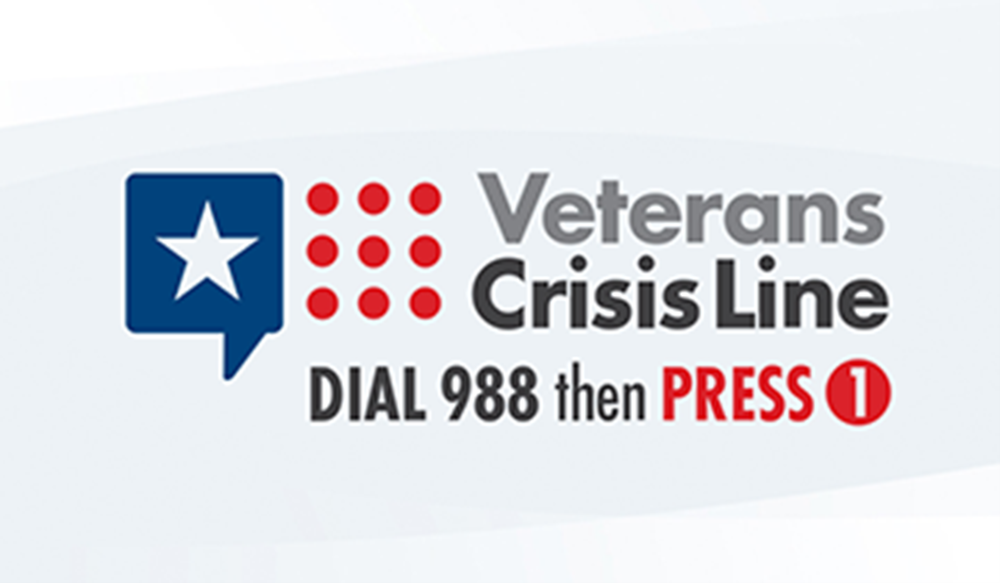
Section Branding
Header Content
Bill to expand veteran mental health services heads to Gov. Kemp's desk
Primary Content
LISTEN: A bill that provides additional funding for veterans' mental health services is heading to Gov. Brian Kemp’s desk after passing the Georgia House and Senate. GPB’s Ellen Eldridge has more.
If you or someone you know is having thoughts of suicide, contact the Veterans Crisis Line to receive free, confidential support and crisis intervention. It’s available 24 hours a day, 7 days a week, 365 days a year. Dial 988, then press 1; chat online at VeteransCrisisLine.net/Chat; or text 838255.

House Bill 414, which passed the Senate earlier this week, sets up a grant program within the Department of Behavioral Health and Developmental Disabilities to provide behavioral health services to military service members, veterans and their families.
The bill has now passed both chambers and heads to the governor's desk.
Sen. Ben Watson described the bill that came out of the Veterans Military Homeland Security Committee as straightforward.
"If a grant is available, the Department of Veterans Services would have matching and competitive grants relating to nonprofit community and behavioral health programs," Watson said.
The idea stems from a community health behavior facility in Watson's district, adjacent to Fort Stewart, which helps veterans and their families with issues related to post-traumatic stress disorder, depression, and anxiety.
"It's been a success in our community and they are looking to consider expanding it to the rest of the state," Watson said.
Funding would prioritize programs within 50 miles of a military base.
Georgia has 13 active military bases with more than 88,000 active duty and reserve military personnel.
Sen. Mike Dugan agreed that access to mental health programs is critical.
"As y'all know, just from January through February of this year, we've had three National Guardsmen kill themselves, commit suicides because of mental health issues, because of multiple deployments," Dugan said. "Anything we can do to strengthen their mental health care would be greatly appreciated across the state and used kind of as a model across the nation."
The Georgia Department of Veterans Service joined the Governor’s Challenge to Prevent Suicide in service members, veterans, and their families in 2020 with the support of Gov. Brian Kemp.
Suicide in veterans is a complex problem, which requires coordinated, evidence-based solutions beyond the traditional medical model of prevention, GDVS Commissioner Patricia Ross said.
“One suicide is too many," Ross said. "It takes all of us working together to help our veterans receive the care and support they need and earned through their service to our nation. We look forward to making a difference in the lives of our veterans and reducing veteran suicides across Georgia.”
Nearly 200 U.S. military veterans living in Georgia died by suicide in 2020, but a study by the veteran advocacy group America’s Warrior Project suggests the Veteran's Administration undercounted those suicides by about half.
Dr. Jim Lorraine, president of America’s Warrior Project, and an Air Force veteran previously said that undercounting related to drug overdose deaths and service record errors make up the gap.

